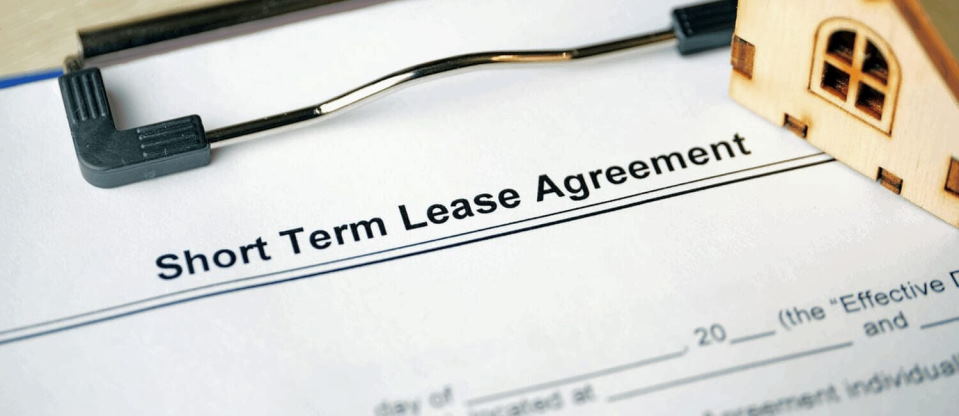The Pros and Cons of Short-Term vs. Long-Term Rentals
A big debate is raging over the pros and cons of short-term vs. long-term rentals. On one side are those who argue that short-term rentals are more convenient and allow for more flexibility, while on the other side are those who argue that long-term rentals offer more security and peace of mind. So, which is better? Here’s a look at the pros and cons of each option to help you decide what’s right for you.
Differences between short-term and long-term rentals
There are a few key differences between short-term and long-term rentals that you should be aware of before making a decision. One of the biggest distinction is the length of time for which each type of rental is typically contracted. Short-term rentals are usually defined as those lasting 30 days or less, while long-term rentals tend to be for periods of 3 months or more.
Another big difference between the two types of rentals has to do with price. In general, short-term rentals will cost more per day than long-term rentals, although this isn’t always the case. This is because landlords typically have to do more work in preparing a property for shorter stays, including things like deep cleaning and stocking basic supplies.

Finally, another key difference between short-term and long-term rentals is the level of flexibility that each offers. Short-term rentals are often much more flexible when it comes to things like cancellation policies and length of stay, while long-term rentals tend to be more rigid. This is something to keep in mind if you’re looking for a rental that can accommodate your specific needs.
What you need to know about long-term vs. short-term rentals
If you’re considering renting out your home, you may wonder if you should go the long-term or short-term route. Here’s what you need to know about each option:
Long-term rentals:
With a long-term rental, you can expect reliable, consistent income for an extended period. This can be a great option if you’re looking for a more stable financial situation. However, it’s important to note that long-term rentals typically require a higher level of maintenance and upkeep than short-term rentals. You’ll also need to be prepared for the possibility of tenants staying for many years.

Short-term rentals:
Short-term rentals offer a more flexible option for those looking to rent out their home. This can be a great option if you’re not looking for a long-term commitment or if you’re looking to generate income from your home on a more sporadic basis. However, it’s important to note that short-term rentals can be more expensive and may require more work on your part in terms of marketing and upkeep.






